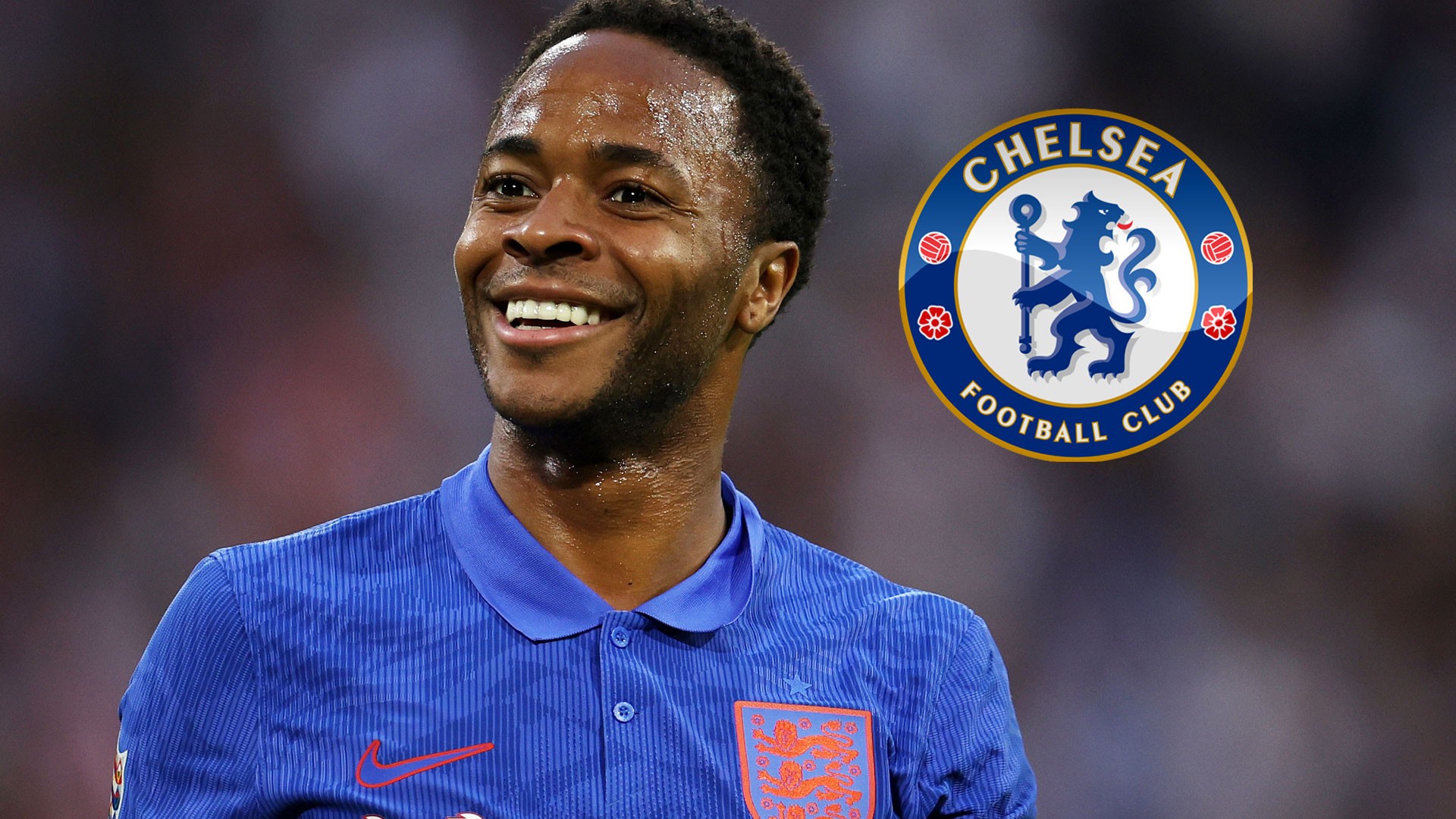
First, Raheem Sterling posted a photo from the training ground on his official Instagram account, with the caption "20.21" (in 24-hour clock format) to indicate the time he was present. A few days later, reports emerged that the Professional Footballers' Association (PFA), the players' union, had contacted Chelsea regarding issues related to Sterling and Axel Disasi’s treatment.
It is not uncommon for the PFA to take such action when players find themselves in a fringe status at a football club.
In fact, from the perspective of the PFA— which represents players in the Premier League, EFL, and Women's Super League—this scenario is quite routine. However, when a high-profile player like Sterling is involved, and at a club the caliber of Chelsea, the matter is inevitably bound to attract greater attention.
The PFA’s interactions with the players were not confrontational either; the conversations were very amicable. The PFA views its role simply as providing advice on regulations and ensuring the club complies with rules regarding players' rights. Since Chelsea has offered coaching sessions to the two players and allowed them to use the club's training ground facilities, there have been no major issues in this regard.
Perhaps the most significant development since then is that both players have trained with the U21 squad on several occasions. A source, speaking on condition of anonymity to protect relationships, told Camel Live that this is all part of a plan to help the players maintain their fitness, ensuring they can secure transfers in January.
Chelsea manager Enzo Maresca shared his views on the matter last Friday, stating that the real issue stemmed from his father having worked as a fisherman for a long time. While one can understand the point he was trying to make—given Sterling and Disasi’s earnings, fans would not have much sympathy for their situation—his comment did little to defuse tensions.
Sterling has been in this situation before. Last year, after the 2024 U.S. pre-season tour, Maresca decided to exclude the winger from his plans, placing him on the list of fringe players. On both occasions, he has had to train separately from the first team, alongside other players who are available for sale or loan.
This summer, this group of players has been overseen by loan manager Carlo Cudicini, with former U18 coach Ed Brand also personally involved in their training sessions.
To protect relationships, the anonymous source noted that many involved parties believe last year’s arrangement was definitely clearer and more effective. Many international players, including João Félix, Ben Chilwell, Renato Veiga, and Armando Broja, were part of that group, so the standard was high. However, that group of players was later sold off.
For those who remain, life is always more difficult.
That said, Sterling has continued to work with his own team, as he has for years. This team includes former England head strength and conditioning coach Ben Rosenblatt. They have focused on strength training, ball work, and fitness sessions. Sterling also has various training facilities at his home in London, and the extra free time means he can spend more time with his family.
Nevertheless, fans will obviously ask why neither the club nor Sterling has been able to find a solution to avoid all this. Well, it has never been a smooth process. Cost is one of the reasons.
Nine Premier League teams are participating in European competitions this season, which means they must comply with UEFA regulations, otherwise they risk facing fines or even disqualification.
According to a source close to Sterling (who also spoke anonymously to protect relationships), the forward did not want to repeat the mistake of last summer. Back then, in the final 48 hours before the deadline, Sterling was only arranged to join Arsenal on a one-season loan, leaving him barely any time to discuss with head coach Mikel Arteta how he would be used.
He made 28 appearances for Arsenal, totaling 1143 minutes, with only 13 starts. His form was underwhelming, and his stats—1 goal and 5 assists—reflected his inconsistent performances.
Earlier in the recent transfer window, some European clubs did consider Sterling, but primarily for a one-season loan. However, the source close to Sterling indicated that the biggest factor was his desire to stay in London, where his family lives.
Bayern Munich attempted to persuade Sterling to join at the last minute. Given that Vincent Kompany—another former Manchester City teammate—was the club’s manager, this may not have come as a surprise. Sterling was also mentioned when
Bayern held discussions with Chelsea about a loan deal for Nicolas Jackson.
Some will inevitably question how Sterling could turn down a club that offers an excellent chance to compete for major honors. But the source close to Sterling pointed out that he was unwilling to move his family to Germany or be away from them for nine months, especially with little guarantee of regular game time.
He had a good relationship with Arteta (who worked as Pep Guardiola's assistant coach at Manchester City from 2016 to 2019) during their time together at the club, yet this did not help secure him more playing time at Arsenal.
As for a move to other teams in London, there had been repeated interest in a loan move, but no formal discussions ever took place.
Of course, one option is to reach a mutual termination of his contract, which expires in 2027. The problem is that Sterling would not give up approximately £30 million in wages he is entitled to. Who would? That sum of money could benefit Sterling’s family for generations.
Chelsea also has no intention of paying him his full salary just to offload him, only to let him join another club as a free agent and benefit from another contract.
Which club would do that? Clearly, for any progress to be made, a compromise must be reached.




